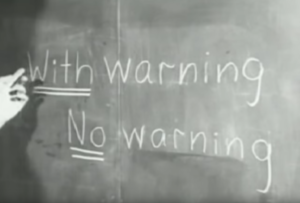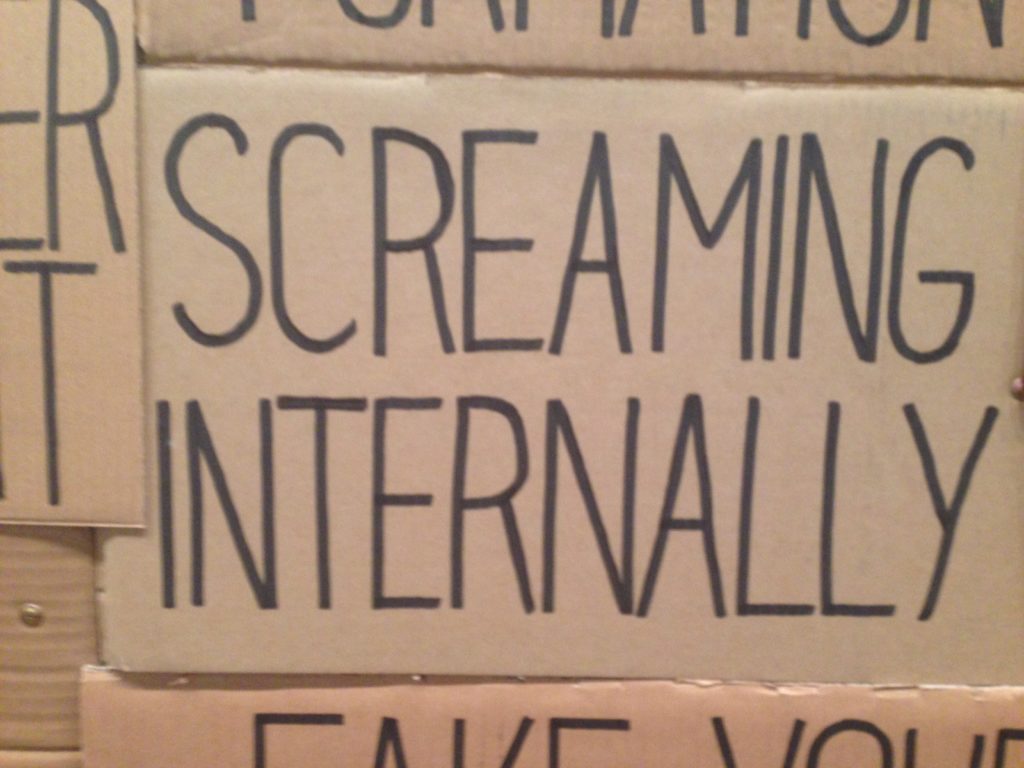Being a librarian makes me happy. Yes it does. I’m one of those lucky people for whom ‘things I love doing’ and ‘things I can get paid for’ intersect to a great extent. I love organising information and describing resources and connecting people to what they’re looking for. People pay me to do that! I am incredibly fortunate to do what I love.
This certainly doesn’t mean I can’t or won’t criticise libraries. Our profession has plenty of systemic problems. The glacial pace of progress is incredibly frustrating, and some days I wonder why I bother. But at the end of the day, I chose this job. I chose this life. And I chose it because it suits me down to the ground.
In some quarters of librarianship I don’t think it’s fashionable to love being a librarian. I sense a growing divide between library lovers and library critics, and it feels increasingly dfficult to be both. I feel like some of us become so wrapped up in our criticism and bitterness that we forget why we became librarians in the first place. I was that person, for a time. I wasn’t in a good place. I saw a lot of what librarianship ought not to be, and I was despondent about the future.
I look at where I am now, in a happy workplace filled with good people, and I am hopeful again. I see my work making a difference, from improving catalogue access points to tracking down an article for document delivery to upgrading a libguide to miraculously finding a misshelved book. I feel our efforts push the boundary of what librarianship can be. I give to the team and the team gives back. I am so lucky. I am SO lucky.
I maintain that there is a lot to love about libraries. I will defend this profession with my dying breath. My passion for librarianship won’t stop me from criticising it, but nor will my criticism of librarianship blind me to my passion. I can do both. I can be both. I love what I do. And I never want to stop.

